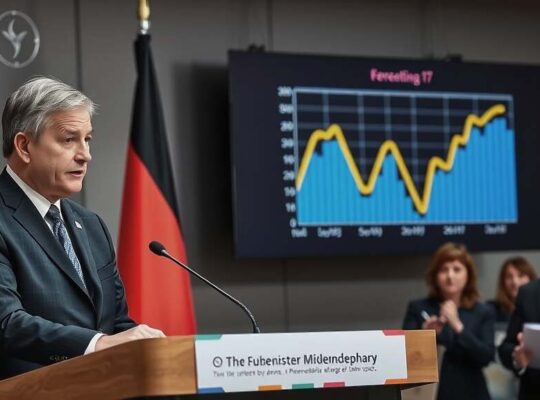The German government is poised to significantly expand the powers of its security agencies, potentially enabling proactive interventions against cyberattacks targeting German interests, even when originating from outside the country’s borders. Interior Minister Alexander Dobrindt, of the Christian Social Union (CSU), articulated the planned legislative overhaul in an interview with the Handelsblatt, signaling a shift from a reactive posture to a more assertive defense strategy.
The current approach, Dobrindt stated, is inadequate, focusing primarily on mitigating damage rather than preventing attacks. The proposed legislation aims to empower security services to disrupt and potentially disable, the server infrastructure and digital systems used by attackers preparing or launching attacks against Germany. Dobrindt explicitly denied the intention to conduct “hackbacks” or offensive cyber operations, emphasizing the focus remains on “pure defensive strikes, no offensive actions.
While stressing the inherent decentralization of public safety – traditionally a matter for the individual German states – Dobrindt suggested the proposed measures do not necessitate a constitutional amendment. He argued that existing legal frameworks already grant federal security agencies sufficient authority in specific areas relevant to cyber defense, frequently in collaboration with state-level counterparts. This interpretation allows for a perceived broadening of powers without fundamentally altering the constitution.
Critics are already voicing concerns regarding the potential for abuse and overreach. The legal ambiguity surrounding “disrupting” or “disabling” systems abroad raises questions about the scope of permissible actions and the potential for unintended consequences, particularly in relations with international partners. Opposition parties are likely to scrutinize the proposed legislation closely, demanding guarantees against unwarranted interference and ensuring adherence to principles of proportionality and necessity. The impending proposal, scheduled for presentation to the cabinet next year, is expected to spark intense debate regarding the delicate balance between national security and civil liberties in the digital age. The degree of parliamentary oversight and judicial review of these expanded powers will be paramount in navigating the complex legal and ethical implications.












